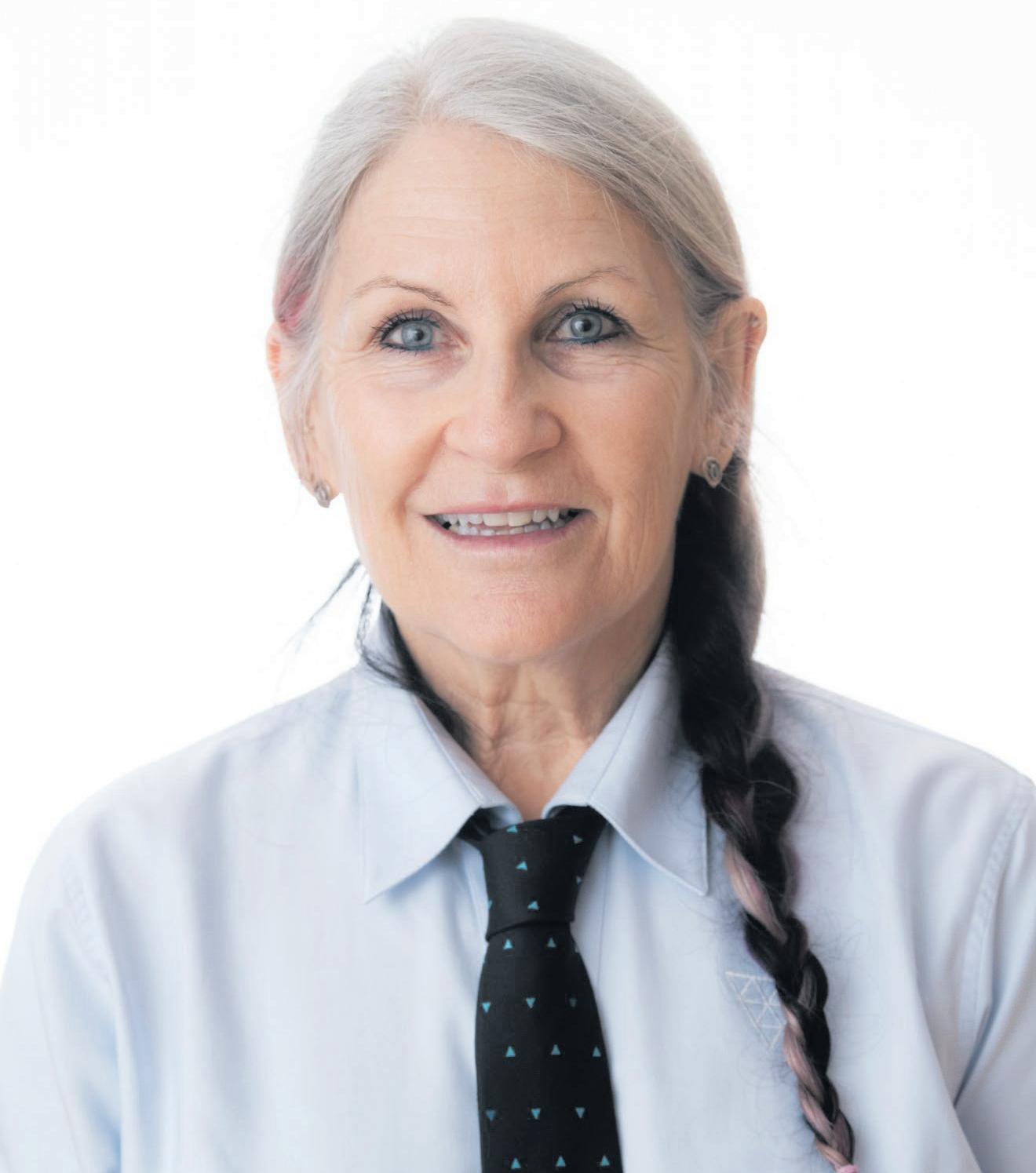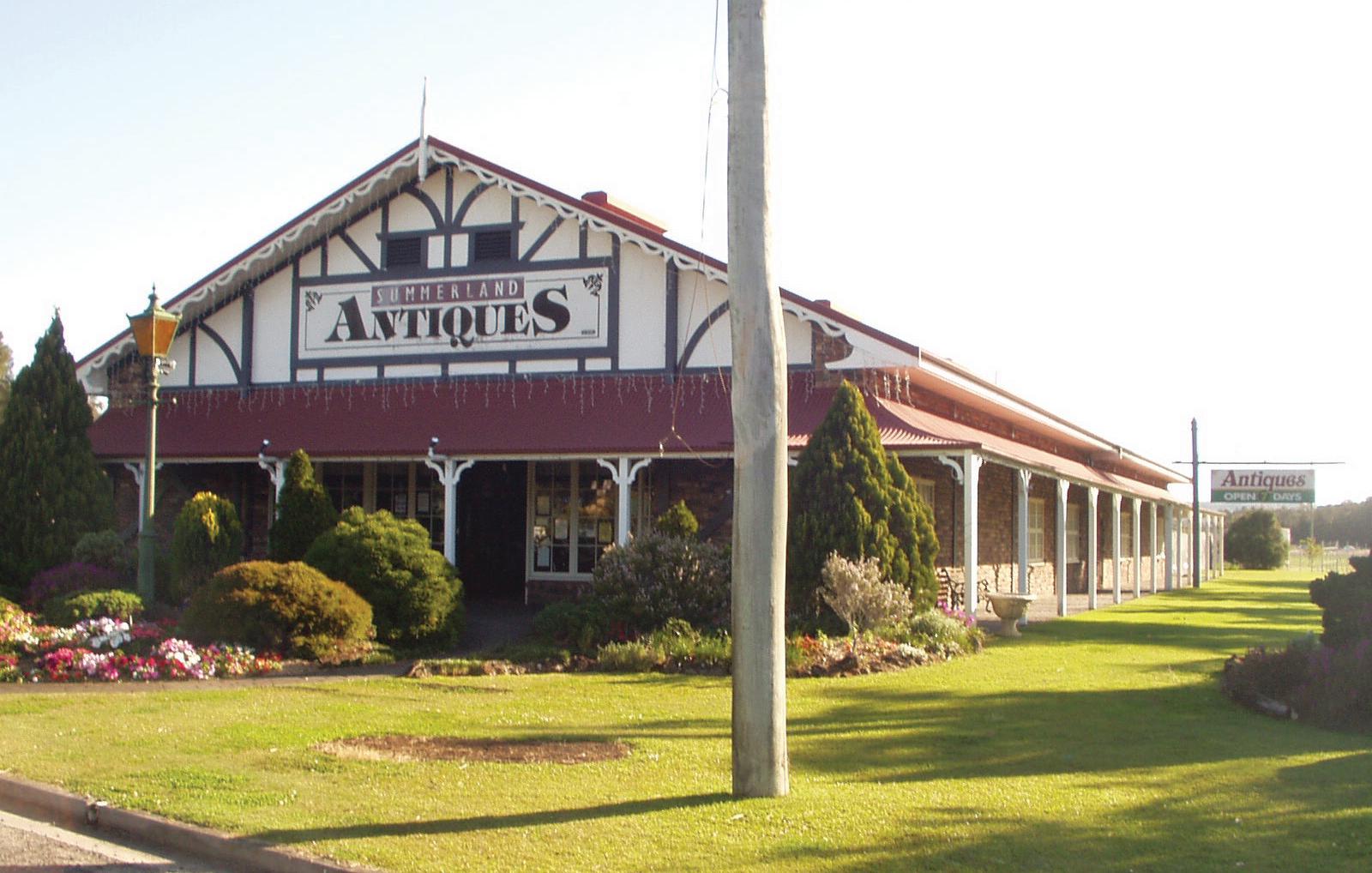
7 minute read
NRLX LEASE WON’T GET SALES BACK SOON
By Tim Howard
The Richmond Valley Council has voted itself out of the cattle selling business, but it will do nothing to get cattle sales back at the saleyards anytime soon, says Casino auctioneer Matt McCormack.
After more than two months of bitter conflict with Casino cattle auctioneers over a proposed new licence agreement to sell cattle at the council-owned Northern Rivers Livestock Exchange, council voted unanimously to cease management of the saleyards and tender on the open market for a long-term lease.
A public meeting was called for Monday in the Casino Golf Club to discuss issues arising from the decision.
Mr McCormack, the vice president of the Casino Auctioneers Association Inc, was critical of the decision, mainly because it did nothing to help the community by getting cattle sales back in the NRLX “yesterday”.
“After the public meeting (on September 4) the message was ‘get cattle back into the place’ and they say they think it’s going to take three months,” Mr McCormack said.
“The short term is there is no sales in Casino and we need one there yesterday.”
Mr McCormack said an obvious solution would be to begin selling again under the rules that existed prior to the July 1 lockout.
“We’re more than willing to be back there selling under the old agreement,” he said.
But the resolution adopted by the council stipulated sales held between now a new lease agreement, must follow the council’s new guidelines, which rules out local agents.
“We can’t sign that agreement that was put to us,” he said. “And it’s clear nobody else can either, or there would be other agencies there doing it.
Mr McCormack said an unfortunate side effect has been “a lot of business getting shot in the crossfire”.
“There’s a bigger picture than RVC versus the agents,” he said.
“It’s affecting the town, it’s affecting people mentally, financially and for what reason, why can’t both sides get in and do a deal?”
Mr McCormack said CAAI members had talked about the possibility taking on the NRLX lease, but they were preliminary discussions and there would need to be more formal talks.
The future of the NRLX, which has been in virtual lockdown since July 1, was the main item on the September 19 council meeting agenda.
In addition to the general manager’s report, which recommended an open market tender process for a long term lease, Mayor Robert Mustow presented a late mayoral minute and two community members, Roger Bailey and Allan Berry, presented delegations.
The decision and the reasoning behind it does not sit well with the community.
Mr McCormack dismissed many of the arguments the council has used to say why the new agreement is necessary.
He said the figures showing an operating deficit of $469,282, a program deficit of $647,303 leading to each ratepayer paying $60 a year to fund the NRLX as “scare tactics”.
Mr Bailey made similar arguments in his deputation to council ahead of the decision.
“Then we come to the most outrageous claim that the NRLX quote: ‘continues to run at an operating deficit of $469,282 and an overall program is in deficit by $647,303’.
That ‘each ratepayer is in effect subsidising this operation at $60 per year for each rateable property’. This is clearly not the case.”
Mr Bailey said the the NRLX, like most local government programs, ran a restricted asset fund, which had a balance of $574,945
“Other programs like quarries, cemeteries and libraries where similar restricted accounts fluctuate too,” Mr Bailey said.
“They exist to support the named program as a bank account would. Funds are also protected, unable to be accessed for any other purpose, except by council resolution.
“I would venture to say that not $1 of ratepayers money has ever gone into that account that wasn’t paid back.”
General manager Vaughan Macdonald confirmed Mr Bailey’s figures were accurate, when answering a question about them later in the meeting.
Mr Berry in his deputation, said the council had ignored the wishes of more than 700 people who attended the September 4 meeting.
“These included that the NRLX be opened immediately under the previous licensing agreement until a long term solution is negotiated,” he said.
“While the general manager acknowledged the impact of the NRLX closure on farming families and the wider community, his short term solution is to persist with the controversial and confrontational 2023-26 agreement, which is already deemed unacceptable.
“The GM’s recommendation fails to show a will to quickly open the NRLX.”
Mayor Robert Mustow presented a late mayoral minute, which he had promised to organisers of the September 4 community meeting, to answer the six resolutions arising from it.
But he also attacked the meeting, saying it “called for council to disregard its new license agreement and allow the stock and station agents to formally trade at the NRLX to walk back in under the old agreement and ultimately take control of the facility.”
He defended the council’s procurement process for the new agreement and savaged the approach of the agents, saying they tried to, “dictate to their landlord how much they are prepared to pay in rent, in which conditions of their lease they are willing to comply with.”
He also brought up issues of animal welfare and staff behaviour, claiming the RSPCA and police had been called to the NRLX to handle breaches of regulations.
“NSW work health and safety legislation is very clear, that council, as the owner and operator of the NRLX is responsible for safety at this facility,” he said.
“Apart from the serious risk of death or injury to workers are members of the public, we also face potential prison sentences of up to five years and fines of up to $3.8 million for not upholding council’s duty of care.”
Cr Mustow said the NRLX dispute was distracting attention from the good work the council was doing in the community and exposing councillors to attacks from the public.
He ended his mayoral minute with a call for unity.
“I ask my fellow councillors to join with me in bringing this stalemate to an end,” he said.
“The bitterness and accusations have gone on for far too long.
“It is time to move forward and find a solution that allows sales returned the NRLX as soon as possible and secures its long term future.”
The recommendation in the general manager’s report was, that council:
1. Reaffirms its commitment to position the NRLX as one of the leading saleyards in NSW, and notes the significant investment in upgrading the facility since 2016, including $10.5m in government funding and $4.5 million by council, including a $3 million loan;
2. Notes the history of negotiations and stakeholder feedback when the issue of operational changes and user fees and charges at the NRLX have been proposed, consulted and determined by consecutive Councils;
3. Notes the detailed procurement process that has been implemented since December 2022 to secure Agent Licences for 2023-26 and the negotiation opportunities that have been offered;
4. Approves an open market tender process for a long term lease of the Northern Rivers Livestock Exchange to an appropriately experienced entity in line with the details in this report, with the appointment of a suitably qualified independent contractor to manage the procurement process;
5. As a short term measure to re-commence sales at the NRLX, continues with the existing open EOI process for interested businesses, including but not limited to previously successful agencies, on terms consistent with the 2023 – 2026 Agent licence agreement and in line with the adopted revenue policy, until a lease agreement is executed;
6. Notes that a further report will be brought to Council to consider the recommendations of the open market tender process and to determine the successful lessee.

There were two speakers for the recommendation and only Cr Patrick Deegan asking questions of the motion.
Cr Robert Hayes led off making his key argument the NRLX was not as many claimed, a council service, but a councilowned business that must be run accordingly.
“The NRLX cannot be classified as a community facility as it is located on operational land and should be classified as a council business operation like our quarries,” he said.
“That was suggested in one of the professional presentations tonight. but it’s like our quarries. And if it cannot pay its way, we need to consider council’s ownership.
“Council has not afforded any other industry this kind of assistance by purchasing land, constructing and upgrading facilities and applying for grants and taking out ratepayer funded loans to maintain such a complex.”
Cr Hayes said analysis had shown the community benefited from the operations of the NRLX, but this benefit would occur, whoever owned the facility.
He said the council’s new agreement had tried to bring the NRLX into line with modern local government practice.
“This was another important step to achieving important financial results for the NRLX and further attempt to relieve the business of further reliance on ratepayers funds,” he said.
“A further study of other saleyards has made it clear that the NRLX fees will still remain below current industry standards.
“My role as a councillor is to get the best outcome I possibly can for my community.
“The agents chose not to accept the new agreements and wanted to go back into the complex once again, with the ratepayers picking up the deficit.”
He said it would have been unfair to ratepayers to continue the old agreement.
“If the NRLX wants to continue under the old agreements, our rural ratepayers, who are also vendors at the NRLX would be subject to possible passing on of these fees as well as subsidising the NRLX through their rates,” he said.

“This would not be the same for vendors who reside outside the Richmond Valley Council area and vendor fees would not have increased for six years of a six year period under the new license agreement.”


Cr Sandra Humphries
Wanting to Buy
said under the old agreement between the council and agents, ratepayers had been cross-subsidising the NRLX.
“I can understand why some residents might see that as it’s a an acceptable donation to the industry,” she said.
“However, since the inception of Richmond Valley Council, I’m not so sure that all ratepayers in the valley are keen to continue to forgo continued on page 5










